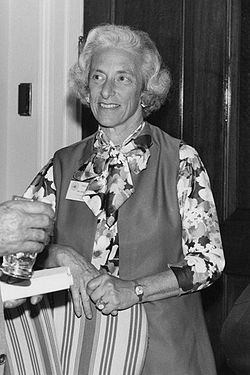Barbara W. Tuchman Quote
Although the defects of the Russian Army were notorious, although the Russian winter, not the Russian Army, had turned Napoleon back from Moscow, although it had been defeated on its own soil by the French and British in the Crimea, although the Turks in 1877 had outfought it at the siege of Plevna and only succumbed later to overwhelming numbers, although the Japanese had outfought it in Manchuria, a myth of its invincibility prevailed.
Barbara W. Tuchman
Although the defects of the Russian Army were notorious, although the Russian winter, not the Russian Army, had turned Napoleon back from Moscow, although it had been defeated on its own soil by the French and British in the Crimea, although the Turks in 1877 had outfought it at the siege of Plevna and only succumbed later to overwhelming numbers, although the Japanese had outfought it in Manchuria, a myth of its invincibility prevailed.
Related Quotes
About Barbara W. Tuchman
Barbara Wertheim Tuchman (; January 30, 1912 – February 6, 1989) was an American historian, journalist and author. She won the Pulitzer Prize twice, for The Guns of August (1962), a best-selling history of the prelude to and the first month of World War I, and Stilwell and the American Experience in China (1971), a biography of General Joseph Stilwell.
Tuchman focused on writing popular history.
Tuchman was a member of the Writers and Artists for Peace in the Middle East, a pro-Israel group. In 1984, she signed a letter protesting German arms sales to Saudi Arabia.
Tuchman focused on writing popular history.
Tuchman was a member of the Writers and Artists for Peace in the Middle East, a pro-Israel group. In 1984, she signed a letter protesting German arms sales to Saudi Arabia.
